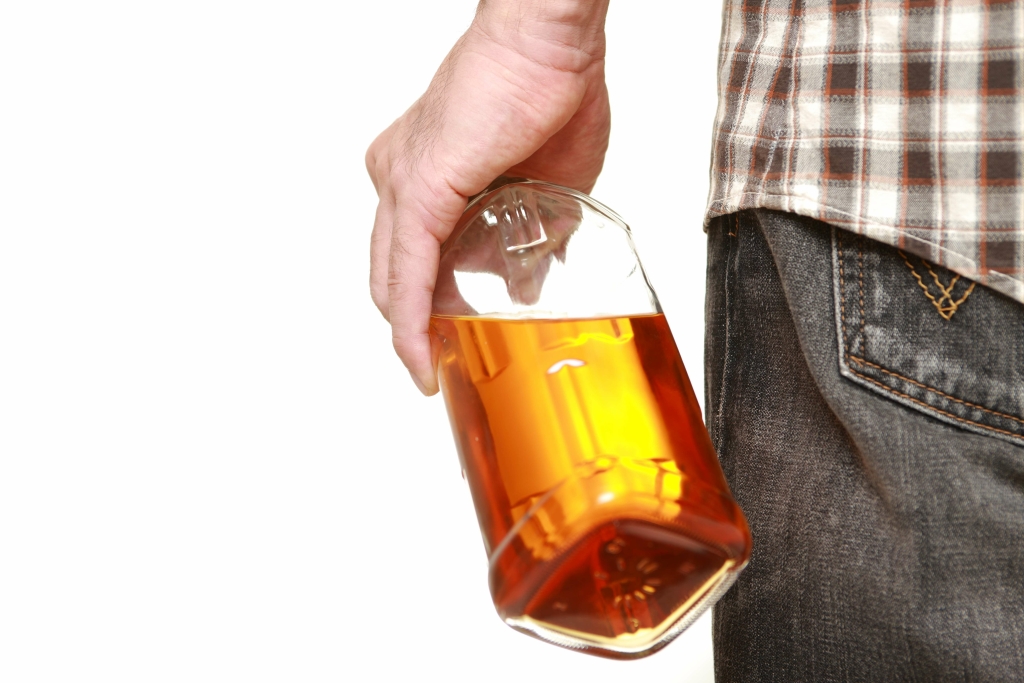All You Need To Know About How Dopamine Affects the Mind
The potential of nAChR’s as novel treatment target was revived with the marketing of the partial nAChR agonist varenicline as a smoking cessation agent. It has been shown that varenicline reduce alcohol intake and alcohol‐seeking behaviour in long‐term drinking rats [205] and modulate NAc dopamine after systemic administrations of alcohol alone and in combination with nicotine [206]. Based on this clinical finding and the knowledge that olanzapine also has a high affinity for the D4 receptors, it was hypothesized whether the dopamine receptor D4 gene maybe involved in meditating its clinical effects. Overall, the results from studies evaluating olanzapine as a potential medication for alcohol dependence have provided evidence of a marginal effect restricted to a sub population of patients (with the longer dopamine D4 receptor allele). In addition, it is well substantiated that alcohol affects dopamine directly via the NAc and VTA as well as through indirect activation of the mesolimbic pathway via interaction with other reward‐related brain regions and neurotransmitters. Given dopamine’s pivotal role in the development and maintenance of alcohol dependence, medications targeting dopamine does constitute an important area of research.
How Social Media Affects The Brain

Friends, dates, and co-workers would sometimes look at her like she had “nine heads,” she says, when she wouldn’t order a drink. A broad consensus does exist as to the involvement of various neurotransmitter pathways, but defining the precise causative alleles or groups of alleles in the genes of the particular neurotransmitter pathways involved in alcoholism is a challenge to be overcome in the coming years. Dopamine is an important neurotransmitter involved http://citus.ru/tags/%C1%E5%F0%E5%EC%E5%ED%ED%EE%F1%F2%FC/ in reward mechanism in the brain and thereby influences the development and relapse of AD. Conversely, there are also high rates of alcohol-related disorders in psychiatric patients, particularly in those with bipolar disorder and depression when compared to the general population [19], [20]. Opioid systems involving endogenous opioids (endorphins, enkephalins and dynorphins) influence drinking behaviour via interaction with the mesolimbic system.

Alcohol increases anxiety and mood swings
This activity provides 0.75 CME/CE credits for physicians, physician assistants, nurses, pharmacists, and psychologists, as well as other healthcare professionals whose licensing boards accept APA or AMA credits. Open Access is an initiative that aims to make scientific research freely available to all. https://puafo.com/category/medicines/health-clinic/page/8 It’s based on principles of collaboration, unobstructed discovery, and, most importantly, scientific progression. As PhD students, we found it difficult to access the research we needed, so we decided to create a new Open Access publisher that levels the playing field for scientists across the world.
- This study showed that microinjection of either quinpirole or quinelorane, into the anterior part of the VTA dose‐dependently decreased alcohol, but not sucrose, intake in alcohol‐preferring rats [142].
- This review summarizes some of the characteristics of dopaminergic signal transmission as well as dopamine’s potential role in alcohol reinforcement.
- Acamprosate used in the treatment of alcohol dependence has demonstrated that its mechanism of action is through its inhibition of the NMDA receptor.
- Dopamine changes the brain on a cellular level, commanding the brain to do it again.
- For the dopamine uptake rate (Vmax) data, two-factor ANOVAs (treatment and brain region) were used.
Behavioral and neurobiological consequences of altered dopamine signaling
Although numerous studies have attempted to clarify dopamine’s role in alcohol reinforcement by manipulating dopaminergic signal transmission, these investigations do not allow any firm conclusions (for a review, see Di Chiara 1995). The comparison of alcohol’s effects with the effects of conventional reinforcers, such as food, however, provides some clues to dopamine’s role in mediating alcohol reinforcement. To modulate the responsiveness of neighboring neurons to glutamate, dopamine modifies the function of ion channels in the membrane of the signal-receiving (i.e., postsynaptic) neuron. The activity of some of these ion channels (i.e., whether they are open or closed) depends on the voltage difference, or potential, between the inside and the outside of the cell membrane adjacent to these channels. Through its effects on G proteins, dopamine indirectly modifies the sensitivity with which voltage-dependent channels respond to changes in the membrane potential that occur when glutamate binds to its receptors, which also act as ion channels (i.e., receptor-operated channels). Researchers at McGill University in Canada performed positron emission tomography (PET) brain scans on 26 social drinkers and noted a “distinctive brain response” in the higher-risk subjects after they consumed three alcoholic drinks.
- The detailed necropsy procedures used to harvest tissues [28] and obtain ex vivo slices [8] have been previously described.
- When the dopaminergic neurons are activated, the resulting change in the electrical charges on both sides of the cell membrane (i.e., depolarization) induces dopamine release into the gap separating the neurons (i.e., the synaptic cleft) through a process called exocytosis.
- In this review, we will therefore focus on studies with clear face validity to the human condition, that is those using voluntary self‐administration.
- Acutely, in vivo alcohol administration dose-dependently increases cortical, mesolimbic, and nigrostriatal dopamine in rodents [36]; an effect attributed to enhanced dopamine neuron firing [37].
Further, it has been speculated that this dopamine deficiency is responsible for driving craving and compulsive drinking and contributes to relapse even after a period of protracted abstinence [18, 19]. The preclinical and clinical evidence of the underlying interaction between alcohol and the dopamine D2 receptors within the mesocorticolimbic dopamine system during the acute as well as during chronic intake is reviewed below. The involvement of the dopamine D1, D3, D4 and D5 receptors falls outside the scope of the present review but has previously been reviewed elsewhere [20]. Posttranslational modifications such as phosphorylation are core molecular signaling events. For instance, the protein tyrosine kinase (PTK) Fyn, through the phosphorylation of GluN2B in the dorsomedial striatum (DMS) of rodents, contributes to molecular and cellular neuroadaptations that drive goal-directed alcohol consumption [51,52].

Short-term effects
Despite its positive correlation, some studies have produced contradictory results. A study conducted by[39] to assess the association of Taq1A polymorphism and AD in south Indian population yielded negative results.[40,41] also did not find any association with https://www.24cats.ru/news/40-v-mire-koshek/185-v-gollivude-snimut-film-o-kote-predskazyivayuschem-smert.html Taq1A polymorphism and AD amongst Mexican-Americans. The Taq1A allele frequency of non-assessed controls was more than that of non-assessed alcoholics. However, the allele frequency of assessed alcoholics was found to be 3 times that of assessed controls.
- HHS can cause cardiac arrhythmias, such as atrial fibrillation (Afib), which can in turn lead to a stroke.
- Depending on the timing of a patient’s drinking, some drugs may take longer to be metabolized, resulting in higher than optimal levels of the medication in the person’s system, Gutierrez says.
- In the absence of alcohol, the reduced activity of inhibitory GABA neurotransmission might contribute to the anxiety and seizures of withdrawal.
- In addition to the effect of ethanol on DA release, it can also affect the functioning of DA receptors, particularly D2 and D1 receptors.
- In fact, Pabla says, some small studies have found that 1 to 3 grams of red wine per week might improve inflammation in the gut.

